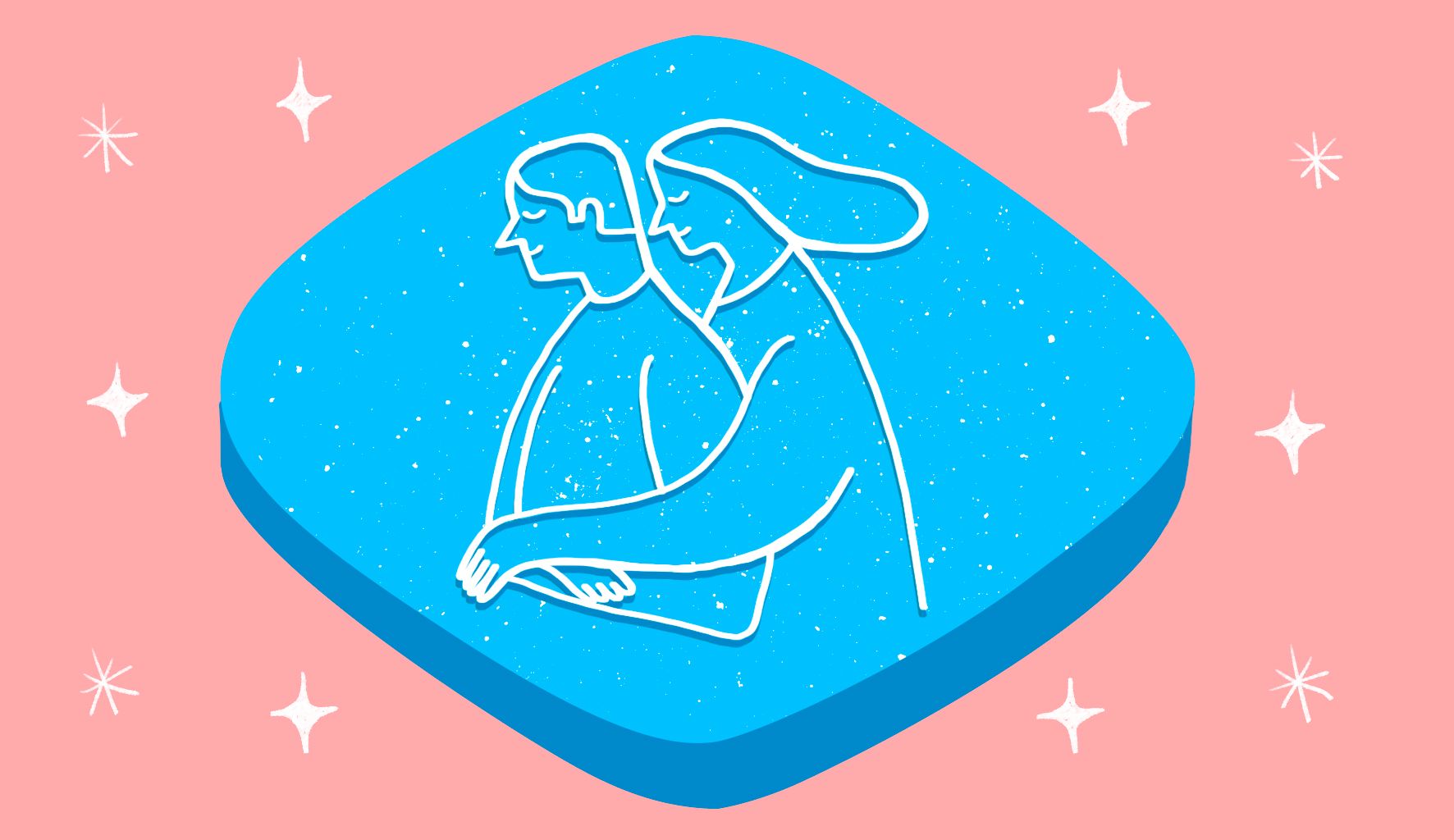
- Select a language for the TTS:
- UK English Female
- UK English Male
- US English Female
- US English Male
- Australian Female
- Australian Male
- Language selected: (auto detect) - EN
Play all audios:
Today is the first anniversary of the death of Saudi critic, dissident, and journalist Jamal Khashoggi, who was murdered by hand-picked assassins at the Saudi consulate in Istanbul. He was
lured there on the false pretext of getting documents for his upcoming marriage. His dismembered body, probably dissolved in acid, has never materialised. The murder of a journalist is not
only criminal and a personal tragedy, but an assault on freedom of speech. Ultimately, it’s also an attack on democracy, because for better or worse, the media is a cornerstone of liberty.
His liquidation is indicative of how casually authoritarian powers feel they can dispense with troublesome individuals, no matter where they are in the world. They feel threatened by the
power of the pen. The International Federation of Journalists records that at least 95 journalists died during their work this year, and Turkey alone imprisoned 68 journalists – the highest
number, in 2018. A few weeks ago, A Very Expensive Poison opened at the Old Vic theatre in London. The play unravels the story of the murder of Alexander Litvinenko, a former FSB agent and
defector, who was poisoned with polonium 210 by Russian agents in London. Saudi Arabia’s Crown Prince Mohammed Bin Salman, once touted as an agent of change, has taken responsibility for the
death of Khashoggi. Vladimir Putin is also ultimately responsible for the Litvinenko murder. Litvinenko died in hospital, and hospital is where a Hong Kong protestor, shot in the chest by
Chinese police, lies critically ill. Ai Wei Wei, the dissident campaigner and artist, said that the Chinese government, celebrating 70 years of Communist rule, “laughs at Britain for its
weak stance on the protests”. Worse will come if Beijing triumphs. There are clear parallels to the 1989 Tiananmen Square protests and massacre. The most enduring and infamous image is of
the lone man standing in front of a tank, which is a stark reminder of how little the situation as changed. These days, Uighurs, are rounded up and put in reeducation camps and made to
perform for the cameras in Potemkin-village style charades. Portrayed as terrorists, it is yet another crackdown on freedom. As is the new law against fake news that comes into effect today
in Singapore. Inevitably, it’s just another attempt to limit free speech. Earlier this year, the Canadian and British governments sponsored the Global Conference for Media Freedom in London,
such was their concern at the state of media affairs. While I was there, I listened to dozens of journalists talk about how their lives were threatened daily. I was especially moved by one
young Cameroonian journalist, who seemed incredibly articulate and brave. Amal Clooney, the UK special envoy on media freedom, was part of that cast of heavyweights, who heard about the
constant death threats and harassment. Today, she has backed the UN special rapporteur, Agnès Callamard, in calling for the UN to investigate Khashoggi’s death. No matter. Crown Prince
Mohammed Bin Salman is a far from a chastened ruler. He not only seems emboldened, but loved by his people. I have a Saudi contact, who lives and works in the country, who uses a picture of
the prince as her WhatsApp photo. If only he believed that sticks and stones may break my bones, but words will never hurt me.







